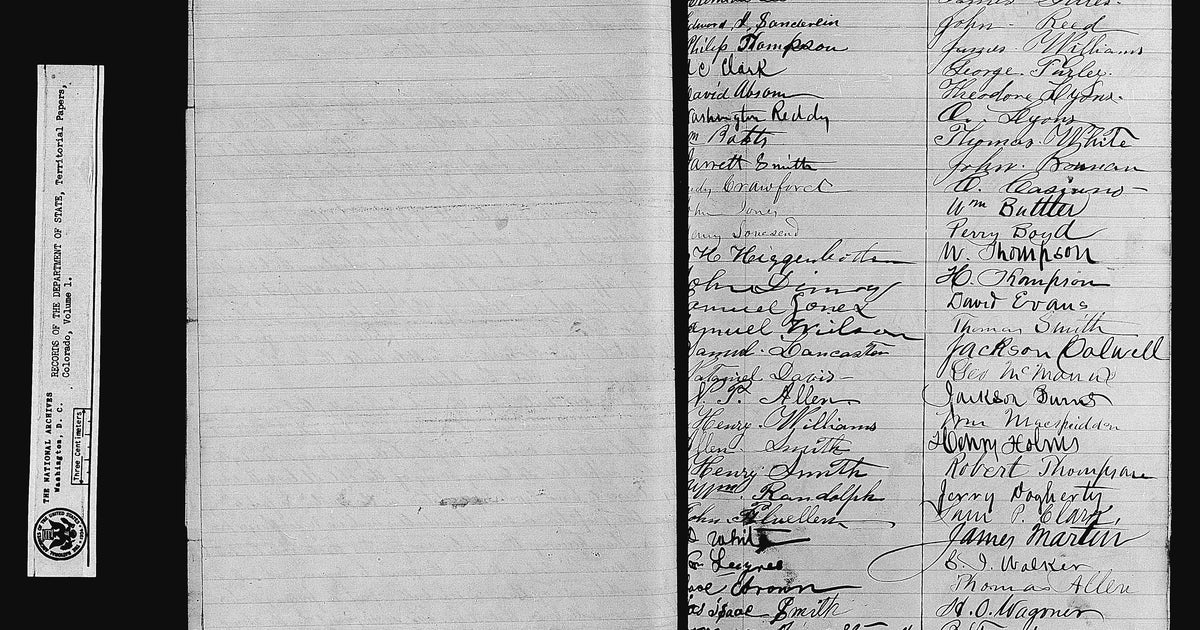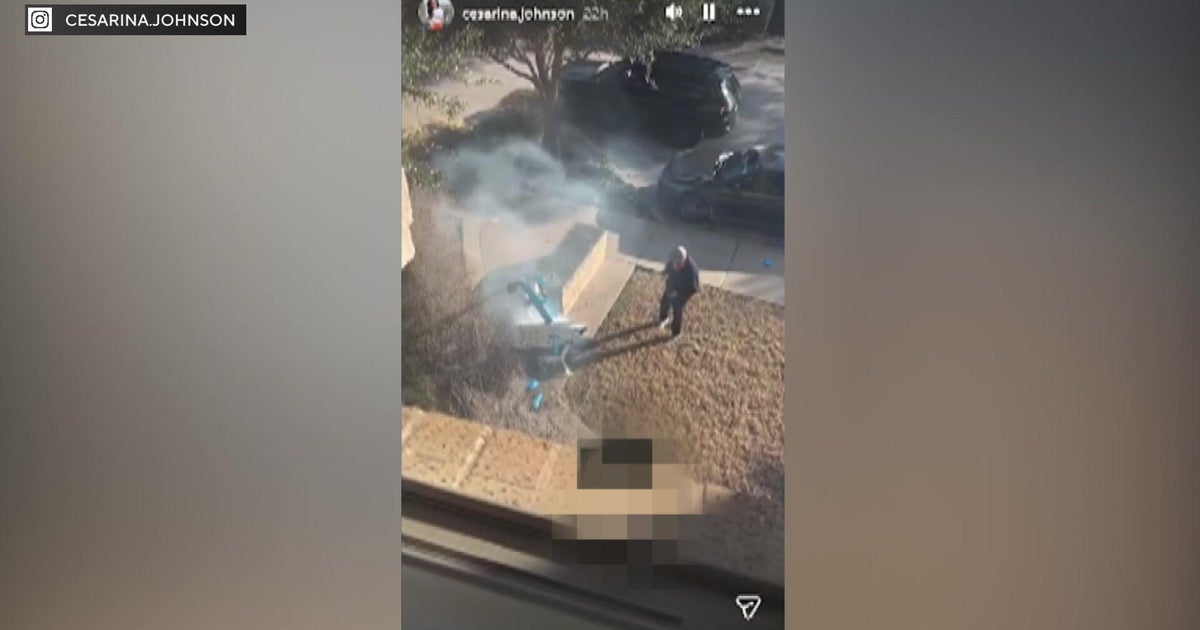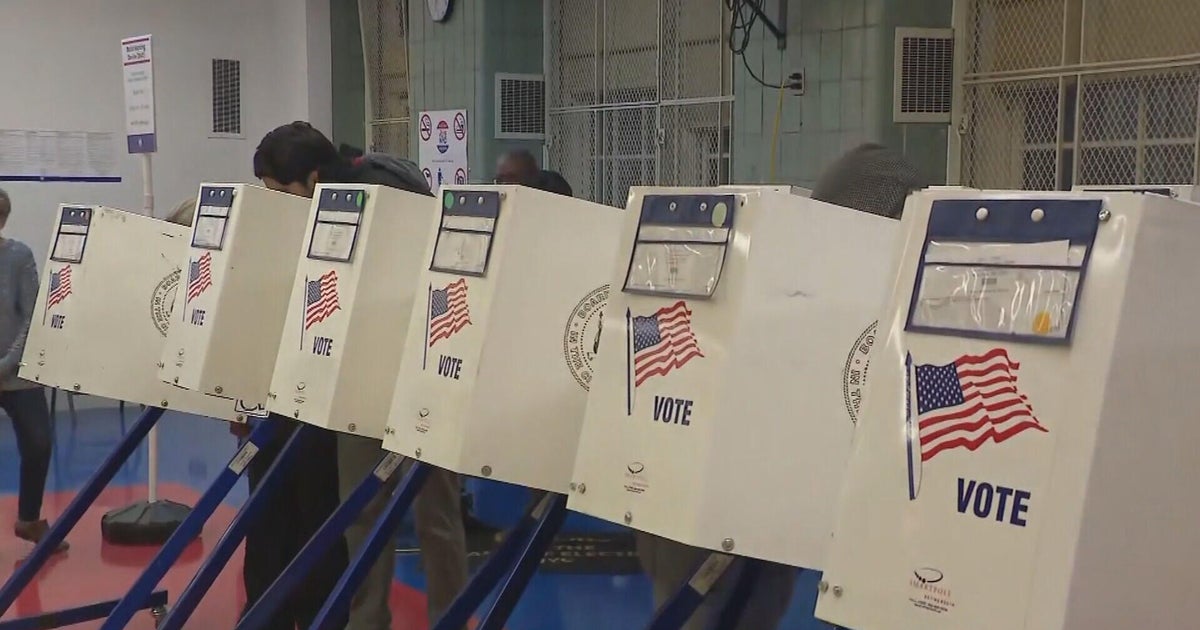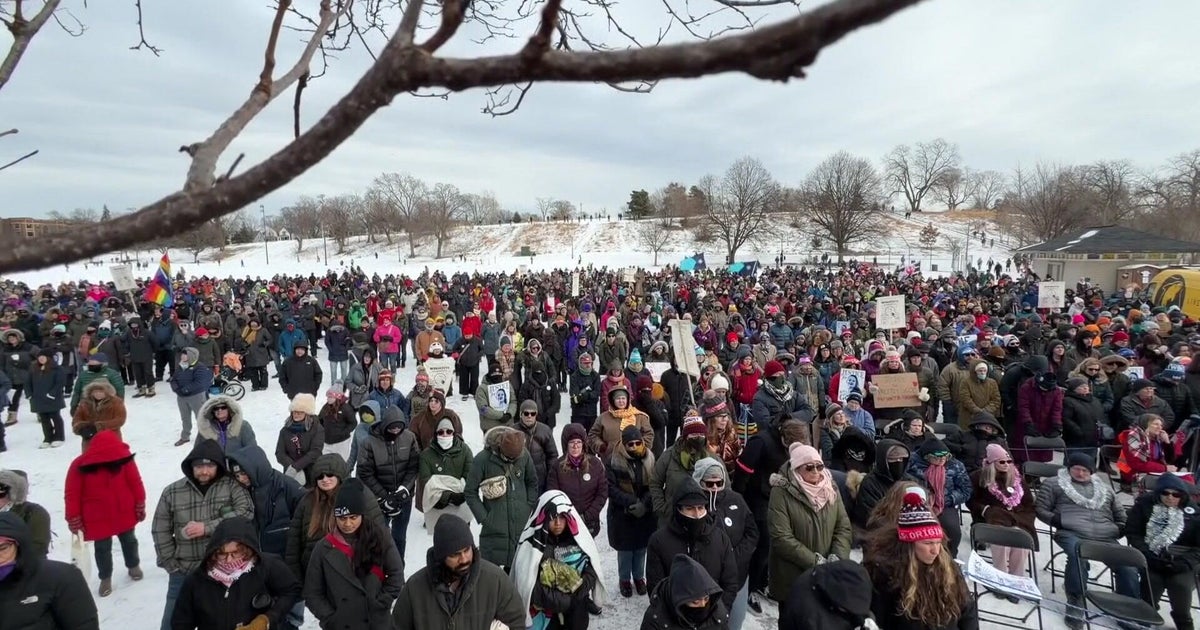Opinion: Mess In Texas
As we celebrate our countries Independence Day this week, I am going to dedicate each of my columns to the most basic tenant of our Democracy: voting.
The right to vote is under assault in 2012 in a way our country has not seen since 1965.
In 1965, Congress passed the Voting Rights Act, a landmark piece of legislation that made discriminatory voting practices designed to disenfranchise African American voters illegal. The law, signed by President Lyndon Johnson followed the 1964 passage of the Civil Rights Act.
In the years and decades that followed passage of civil rights protections, the overall momentum in this country has been to increase access to the ballot box and tear down barriers to voting.
Until 2011, when efforts to roll back access to the ballot box spread like wildfire among a new generation of elected officials dedicated to passing laws that make voting more difficult.
It is not surprising that these Republican efforts target those that are more likely to vote for a Democrat.
They claim these laws are meant to eliminate "voter fraud."
The term "voter fraud" is fraudulent.
Voter fraud is almost non-existent, except in Republican talking points and legislative floor speeches.
In Texas, the Republican Party has a bigger plan: they have called for the repeal of the Voting Rights Act.
That is shocking given that one of their own, former Texas Governor George W. Bush, signed an extension of the Voting Rights Act in 2006.
The Federal law prohibits states from passing "voting qualification or prerequisite to voting, or standard, practice, or procedure ... to deny or abridge the right of any citizen of the United States to vote on account of race or color."
But as minorities became an ever greater percentage of the American population, Republicans have a simple theory on how to blunt their influence on elections: across the country Republicans are pushing laws that are intended to disenfranchise minority voters.
To address these issues, there is federal oversight of elections administration in states and jurisdictions with a history of discriminatory voting practices. These states and jurisdictions cannot make changes to voting laws without first getting approval from the Department of Justice.
Republicans call this effort to enforce equal protection under the law "government overreach."
Texas falls under the Voting Rights Act as a state that needs to obtain "pre-clearance" from the Justice Department when changing its voting laws. There is no clearer evidence of the need for this oversight than the 2011-12 legislative session following the census when the Republican controlled legislature drew up new state legislature and congressional district maps. The resulting maps were tossed out and had to be settled in the court system because the originals were so clearly designed to concentrate minorities into as few districts as possible. The effect would have been to minimize as much as possible the power of the growing Hispanic vote in the state and minimize their representation.
Texas has also been taken to court on two other matters surrounding the right to vote. U.S. Attorney General Eric Holder blocked the state's voter I.D. law because it is burdensome on young voters, seniors and the poor who are all more likely to lack the official state identification required, and the voting rights group Project Vote is in federal court battling the new barriers Texas imposed on voter registration.
Texas is a strong example of what is happening to the right to vote in 2012 as Republicans seek to constrict access to the ballot. But it is far from the only state where this assault is taking place.
This intersection of state authority, the Justice Department and conservative interest groups at our right to vote is one of the most important, and least discussed, questions facing our country as we celebrate the Fourth of July and the struggle for freedom it commemorates.
About Bill Buck
Bill Buck is a Democratic strategist, President of the Buck Communications Group, a media relations and new media strategies consulting business based in Washington, DC, and Managing Director of the online ad firm Influence DSP. He has over twenty years of international and national communications experience. The views and opinions expressed in this post are those of the author and do not necessarily reflect the official policy or position of CBS Local.







